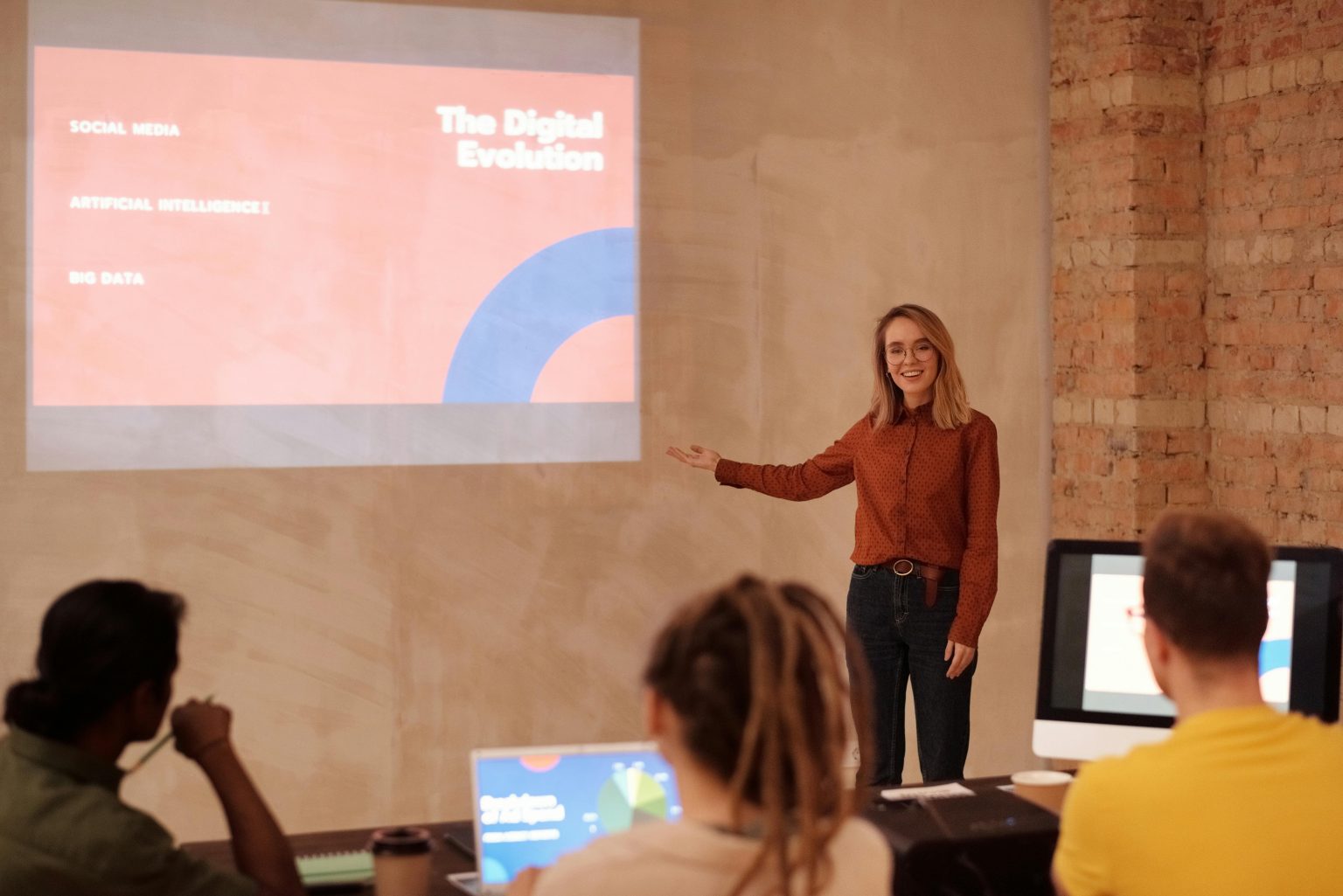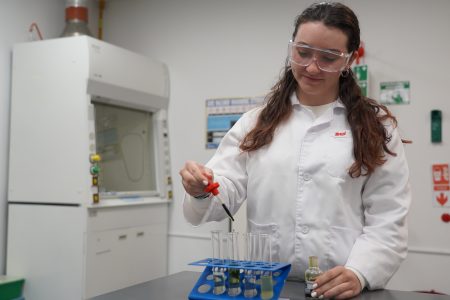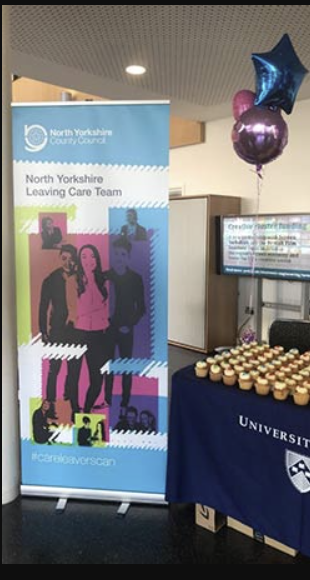The rush to embrace AI tools in education has exposed a troubling paradox. While these technologies promise to democratise knowledge and streamline learning, they’re inadvertently encouraging a culture of mediocrity. As someone working at the intersection of technology and learning, I’ve watched even tech-savvy professionals fall into the trap of accepting AI outputs without question – often with counterproductive results.
Just last week, I observed junior team members confidently implementing outdated software procedures they’d gotten from an AI assistant. Despite being highly confident and very persuasive in its responses, the AI had pulled from historical forum posts and obsolete documentation, creating a perfect example of how automated systems can amplify outdated information when users don’t exercise critical judgement.
This pattern reveals a deeper challenge facing education in 2025. While we’re racing to teach people how to use AI tools, we’re missing the more crucial task: developing the human excellence that sets us apart from machines. The reality is that current AI systems can already outperform about 90% of people in many standard tasks. Look at healthcare, for instance: OpenAI’s o1-preview model—released just months ago—outperformed human doctors with 78.3% accuracy in diagnosis during NEJM case evaluations. And yet, it’s already “old news.” With OpenAI’s full o1 model, o3 announcement and Google Gemini’s latest AI releases, the bar continues to rise daily. The question isn’t whether we can keep pace with AI, but how we can cultivate the uniquely human capabilities that transcend it.
The path forward isn’t about mastering prompt engineering or understanding AI architecture – skills that will likely become less relevant as these systems grow more sophisticated. Instead, it’s about developing the distinctly human capabilities that machines can’t replicate: the ability to question assumptions, recognise contextual nuances, and iteratively refine work based on real-world impact rather than just data patterns.
While I’ve witnessed AI dramatically boost both productivity and job satisfaction within my team, we still must address a looming concern: the risk of people becoming so dependent on these tools that they forget how to think independently. The true value of human agency in an automated world lies not in our ability to perform tasks faster than machines, but in our capacity to ask better questions, challenge conventional wisdom, and push beyond the average. When an AI generates content, it’s essentially creating a sophisticated average of existing human knowledge. Real progress happens when humans use their critical thinking to push beyond these averages, identifying new possibilities and connections that aren’t yet part of the dataset.
As we navigate this technological transformation, we need to shift our focus from teaching people to work with AI to teaching them to work beyond it. This means fostering an educational environment that rewards questioning over accepting, iteration over completion, and excellence over efficiency. The goal isn’t to compete with machines but to cultivate the uniquely human qualities that make us irreplaceable partners in the age of automation.
The future of education isn’t about learning to prompt AI systems more effectively – it’s about developing the confidence and capability to know when to challenge their outputs and push for something better. Only by nurturing these higher-order capabilities can we ensure that human agency remains meaningful in an increasingly automated world.
————————————————————————————————
About Oxygen: Oxygen, a HubSpot Diamond Partner and AI-enabled digital marketing specialist, empowers businesses through digital transformation. The multi-award-winning firm’s key services include AI-driven solutions, marketing strategy, and CRM integration. With a strategic Dubai hub, Oxygen drives growth in the Middle East, delivering tailored, innovative tools to fast-growing, tech-savvy companies. Visit www.chooseoxygen.com
About Laurent Ross, Oxygen’s COO & Co-owner: Recognised as one of Tatler Asia’s “Leaders of Tomorrow” for 2024, Laurent believes in the responsible integration of technology to improve marketing outcomes while empowering businesses to navigate an ever-evolving digital landscape. Under his leadership, Oxygen has become one of the most awarded HubSpot agencies, earning 10 prestigious awards since 2019. Laurent’s balanced approach focuses on blending innovative tools, like AI, with a clear understanding of human insights to create strategies that are both effective and adaptable.









